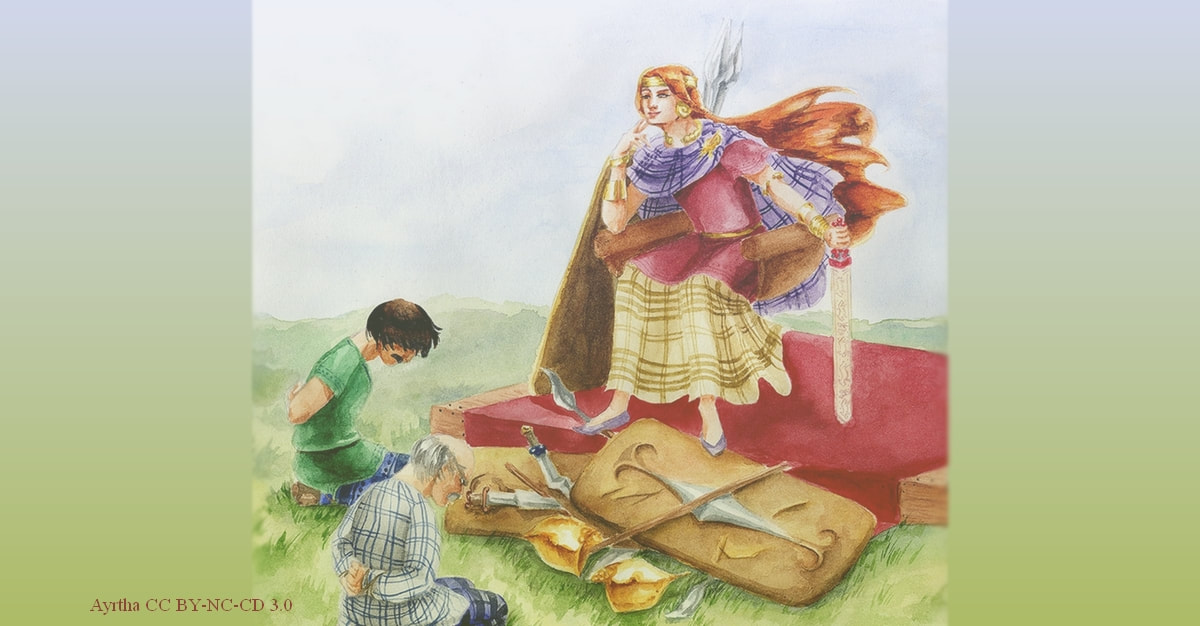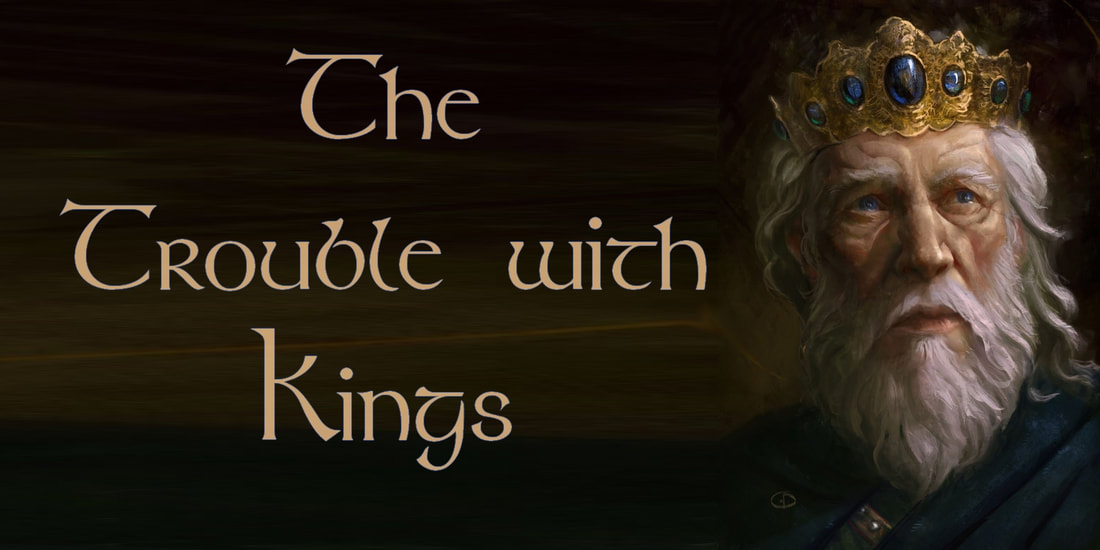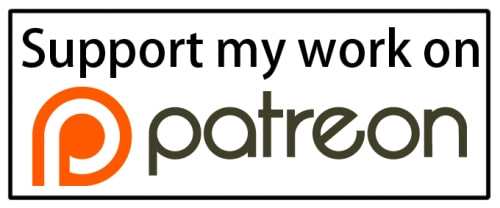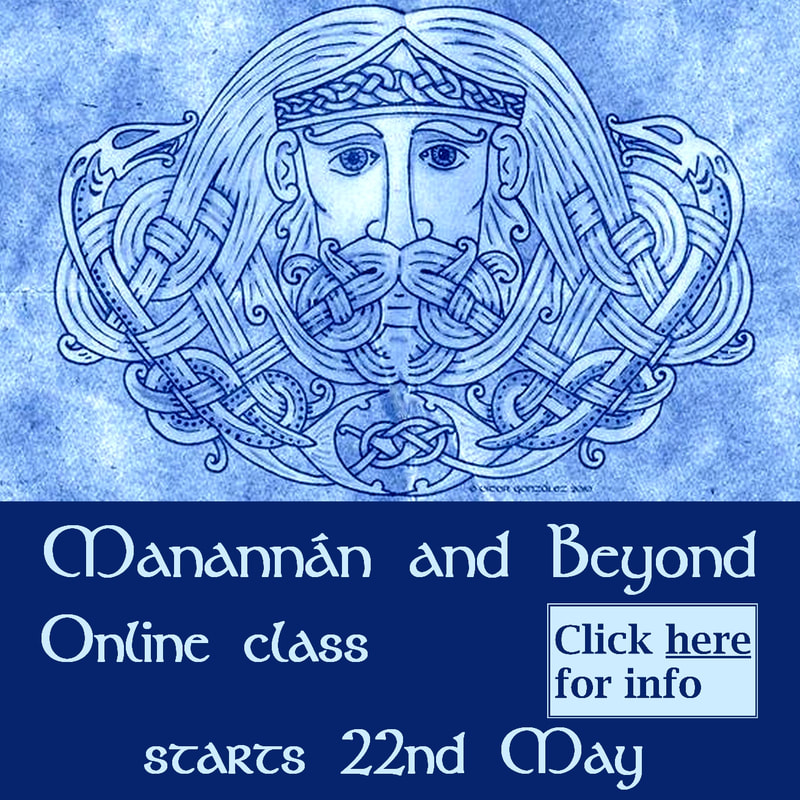I understand their concern, and would add that it’s not just England. In 2018, the US president was banging on about US sovereignty in a speech at the United Nations, and that wasn’t the only time.
There is a danger in treating words as “tainted” too readily, though. It forces us to look for new vocabulary, often less precise vocabulary, and this will, in turn, create confusion later about every use of the original word in older pieces of writing. I think it’s always worth trying to hang onto useful words by keeping their true, clear meaning in the public conversation. If we can’t do that with sovereignty, then perhaps we can at least keep it as a specialist word within the sphere of Celtic studies and Celtic Paganism.
As for the original question, I think sovereignty is exactly the right word, in spite of the recent taint. Sovereignty is the opposite of ownership, in a way. Ownership of land is actually a relatively modern idea, in the long sweep of history. To this day, we talk about "landholders" a lot, in British English. I think landholder is a more accurate word for what should be going on, and how things were viewed in Celtic societies.
Holding land implies responsibilities to the people who live on the land, and to the land itself. Sovereignty, in the sense of kingship, requires the virtues of strength, good judgement, fairness, and respect for the goddess who has conferred it. That goddess is inextricably linked with the land and if she/the land/the people are not respected by the holder of the sovereignty, things will get out of balance, and this will become increasingly obvious. In a well-working system of appointing leaders, the holder of sovereignty will then have to be replaced. I suspect that this was easier to maintain in smaller units of government, such as a kin-group, tribe, or a smaller geographical region.
The kind of sovereignty implied by the question, above, is actually something other than sovereignty as I would use the word in Celtic studies or Celtic Paganism. What’s often being implied by modern politicians is a kind of exceptionalist “It’s a free country and you can’t make me do anything I don’t want to do,” attitude. Or, perhaps, “It’s a free market.” It’s forgetting that everything is inextricably linked. It’s refusing to acknowledge that what you do has repercussions for others and for nature, and forgetting that therefore your actions will rebound on your land and your people.
We are feeling the consequences of choosing leaders who have ignored this for decades. For centuries. Now we have a climate crisis and a pandemic. I don’t think the sovereignty goddesses went away when we stopped calling ourselves farmers and got rid of our kings. I believe that they are still here, and that one reason some of us are called to honour them again is precisely because they are tied to the health of the land, to the sacredness of the natural world.
| I'm offering a storytelling and discussion series called The Trouble with Kings, starting on February 24th. It will feature stories of kings, goddesses and heroes, and how they find their way through some tricky times. To find out more, go to this link. |



 RSS Feed
RSS Feed




